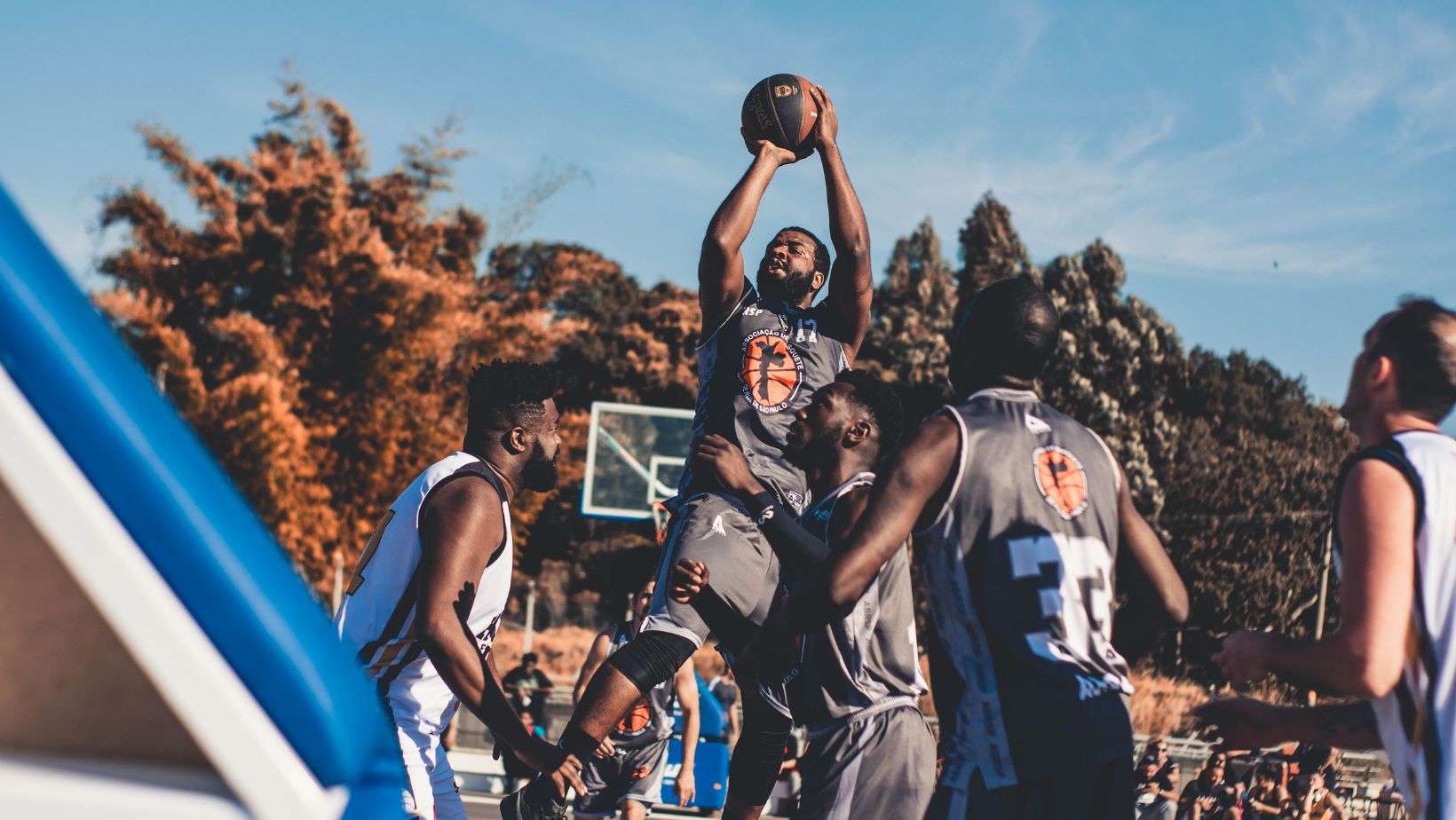How many rings does Joe Montana have? That’s a question that often comes up when discussing the greatest quarterbacks in NFL history. Well, I’ll tell you this: Joe Montana is one of the most decorated quarterbacks of all time. His championship record speaks for itself.
Joe Montana has an impressive total of FOUR Super Bowl rings to his name. Yes, you heard that right – four! Throughout his illustrious career, he led the San Francisco 49ers to victory in Super Bowls XVI, XIX, XXIII, and XXIV. These triumphs cemented his status as a true legend in the world of football.
Not only did Joe Montana win multiple championships, but he also excelled on the biggest stage. He was named Super Bowl MVP three times and showcased his clutch performances time and time again. It’s no wonder why he is widely regarded as one of the greatest quarterbacks to ever play the game.
How Many Rings Does Joe Montana Have
Early Passion for Football
Growing up, Joe Montana developed a deep passion for football. From a young age, he showed great enthusiasm and natural talent for the sport. Whether it was playing catch with friends or watching games on television, his love for football was evident.
High School Success
Montana’s talent quickly caught the attention of coaches during his high school years. He showcased exceptional skills as a quarterback, demonstrating precise throws and intelligent decision-making on the field. His outstanding performances led his team to multiple victories and championships.
During his time in high school, Montana’s abilities gained recognition from college scouts across the country. He became a highly sought-after recruit due to his remarkable talents as a quarterback.
College Career Highlights
Montana continued to excel in college, playing for the University of Notre Dame Fighting Irish. He made an immediate impact by leading the team to several notable victories and displaying exceptional leadership qualities.
One of Montana’s most memorable moments came during the 1979 Cotton Bowl Classic against the University of Houston Cougars. In what is now known as “The Chicken Soup Game,” he battled through illness and adverse weather conditions to secure a comeback victory, solidifying his reputation as a resilient competitor.
Throughout his college career, Montana accumulated numerous accolades and set various records that still stand today. His remarkable performances caught the attention of NFL scouts, setting him on the path towards becoming one of football’s greatest quarterbacks.

Montana’s Success at Notre Dame
Notre Dame Recruiting Process
When it comes to understanding Joe Montana’s success at Notre Dame, it is essential to delve into the university’s recruiting process. The Fighting Irish have always been known for their ability to attract top talent, and Montana was no exception.
Notre Dame has a long-standing tradition of recruiting student-athletes who not only excel on the field but also display strong character and academic prowess. This rigorous selection process ensures that the players who join the program are not only skilled athletes but also dedicated scholars.
Impact on Notre Dame’s Success
Montana’s arrival at Notre Dame had an immediate impact on the team’s success. His outstanding quarterback skills and leadership abilities elevated the Fighting Irish to new heights during his time there.
In his sophomore year, Montana led Notre Dame to a memorable victory in the 1977 Cotton Bowl against Texas, showcasing his poise under pressure and ability to make game-changing plays. This win marked a turning point for the program, reigniting its winning spirit and setting the stage for future triumphs.
Montana’s Leadership Style
One cannot discuss Joe Montana’s success without acknowledging his exceptional leadership style. Known for his calm demeanor and ability to inspire confidence in his teammates, he was able to rally them even in challenging situations.
Montana possessed remarkable football intelligence, which allowed him to read defenses with ease and make split-second decisions on where to throw or run with the ball. His accuracy as a passer was unmatched, often finding receivers with pinpoint precision even under tight coverage.








